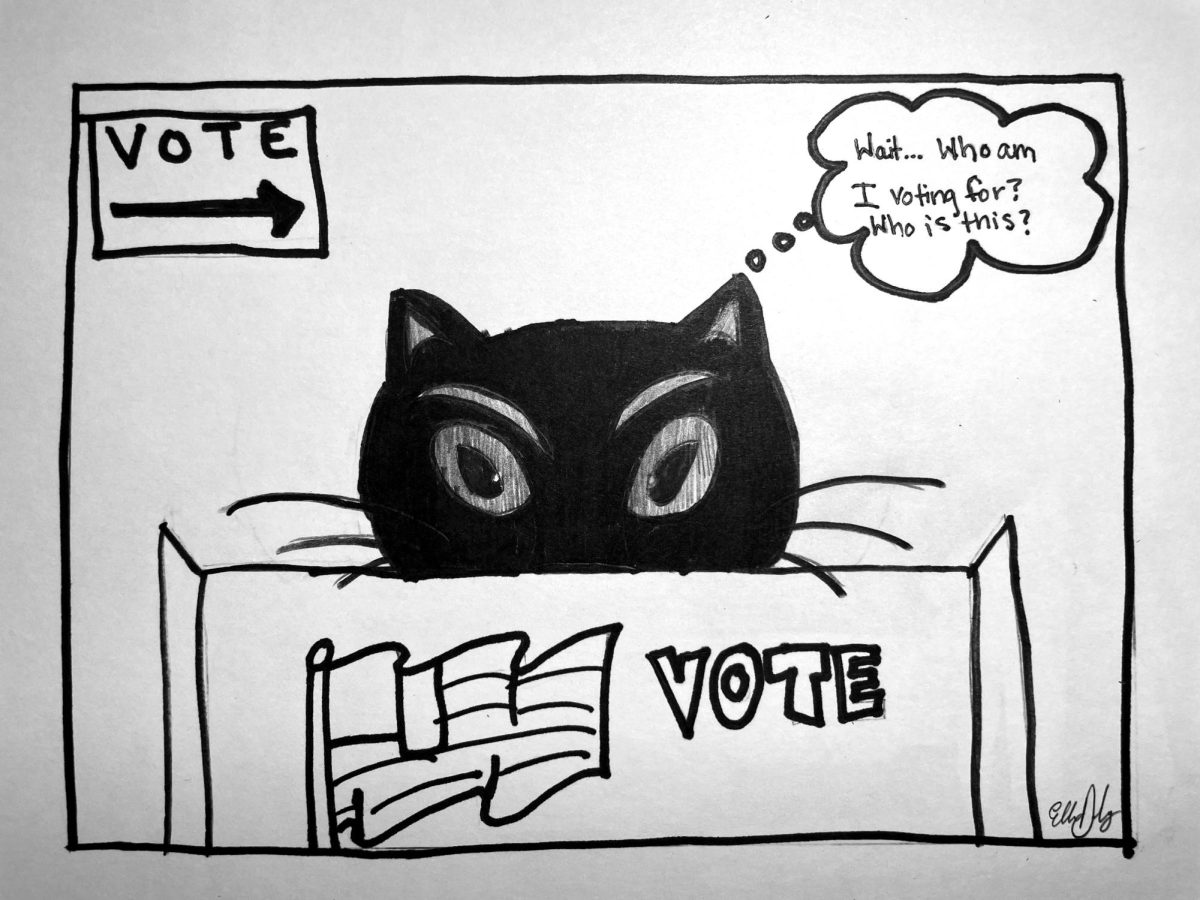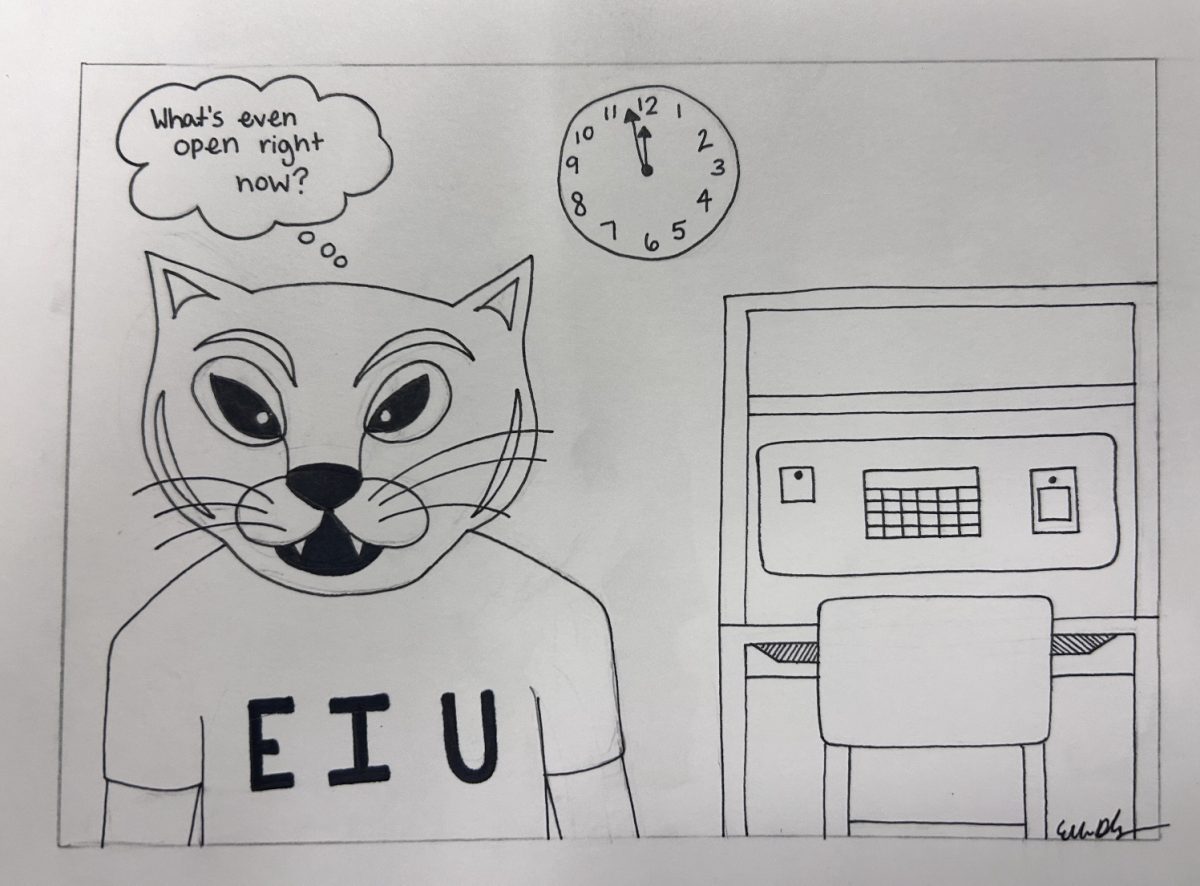At the end of the semester, students submit anonymous evaluations about their classes and professors with aims of helping better the class for future students.
As a board, we had seen a vast range of student opinions about class evaluations. Students don’t know how they are used, know the real purpose they serve or understand the necessity of doing evaluations if there is no change made in real time.
After hearing student’s perspectives on the evaluations, we questioned the validity of the forms and wanted to know their impact.
Department chairs review student evaluations and raise concerns about the course material or instructor, and after grades have been submitted for the class, professors can review what the class submitted.
Provost Ryan Henderickson said the student’s perspective is always seen and addressed and the feedback plays an important role in the process.
Junior psychology major Olivia Omundson said she knows several students in her major who have submitted evaluations critiquing professors just to then not see any change.
Like Omundson, freshman theater major Meadow Hazucha hopes the departments address the areas professors need improvement in or simply check in and talk about the received feedback.
“I hope there would be actual change,” Omundson said.
Senior political science major Karolina Guzek sees the short term benefits of the evaluations but is unsure about how they are considered on the bigger picture.
“I like to think the academic affairs part of the university takes them pretty seriously,” Guzek said.
Sophomore history education major, Tommy Whitehead takes the evaluations seriously because he hopes departments share the same ambition.
“I like to think professors actually see them,” Whitehead said. “If they don’t, nothing is going to change.”
If these evaluations are as important as intended, students should not be confused on how or if they are used. There needs to be more clarity in the evaluation process and how it affects all faculty, tenured or not.
When students see a consistent trend of improper classroom conduct or inconsistencies in teaching, then those who see the evaluations need to take the considerations into account.
Between both student and faculty, the evaluation process should not be pushed aside or seen as a chore at the end of the semester.
The Editorial Board can be reached at 217-581-2812.











































